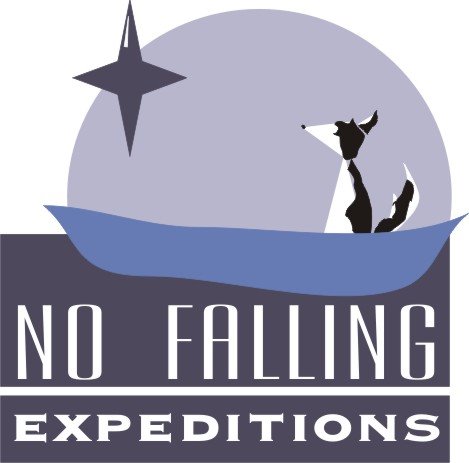9/21/06 (Day 9): Libby's first visit to the health post
"Ah, que sueno tenemos. We are tired. Benj is curled up by my side in our not-so-comfortable bed, already asleep. I had the benefit of a short nap this afternoon & so will try to capture some of what happened today before turning off the light and slipping off into a dense dreamland that lasts only until 6am when the metal worker outside our window will light his first and start his pounding. The street dogs will bark at the earliest passers-by and the chickens and guinea pigs that our family raises on the roof of our house will begin to peep. We will go running...
On the other side of Chisica, up a hill to the right called Quirio, exists a "puesto de salud Senor de los milagros." We arrived at 8:30am in the Peace Corps 'combi' (mini-van that acts as public transport) to be dropped off by Toni and wished good luck. It was dusty and alreadyt he sun was hot. Painted blue and with the door wide open, the health post was welcominng, and a stream of patients passed through its doorway during the first few minutes we were there, most with babies strapped to their backs.
Maria, the HR-administrative employee, showed us to the clinic's auditorium where she gave us paper and markers and instructed us in how to make posters advertizing the national campaign to vaccinate all of Peru against Rubella. Short staffed, underpaid, over worked, and passionate about working for the people, Cecilia, Elva & Jenny walked us through the major health concers of the community and what kinds of community outreach would be most valuable. After a short discussion we were introduced to the community by means of a short walk from comedor popular to comedor popular. Soup kitches, of sorts, these small shacks were set up with huge pots, a variety of staples, like rice and potatoes, and huge stoves upon which to boil the wather and make the soups. They are dirty places, lacking materials and well-rounded food options, but they certainly offer one means of keeping the people fed.
In any case, this health post will serve as my mini-proyecto and my Community Contact Experience -- two projects that I will be required to complete as a trainee. This work will also serve as my Spanish class as I passed my language exam in the advanced group, as well as an opportunity to get to know the community and the health challenges."
On the other side of Chisica, up a hill to the right called Quirio, exists a "puesto de salud Senor de los milagros." We arrived at 8:30am in the Peace Corps 'combi' (mini-van that acts as public transport) to be dropped off by Toni and wished good luck. It was dusty and alreadyt he sun was hot. Painted blue and with the door wide open, the health post was welcominng, and a stream of patients passed through its doorway during the first few minutes we were there, most with babies strapped to their backs.
Maria, the HR-administrative employee, showed us to the clinic's auditorium where she gave us paper and markers and instructed us in how to make posters advertizing the national campaign to vaccinate all of Peru against Rubella. Short staffed, underpaid, over worked, and passionate about working for the people, Cecilia, Elva & Jenny walked us through the major health concers of the community and what kinds of community outreach would be most valuable. After a short discussion we were introduced to the community by means of a short walk from comedor popular to comedor popular. Soup kitches, of sorts, these small shacks were set up with huge pots, a variety of staples, like rice and potatoes, and huge stoves upon which to boil the wather and make the soups. They are dirty places, lacking materials and well-rounded food options, but they certainly offer one means of keeping the people fed.
In any case, this health post will serve as my mini-proyecto and my Community Contact Experience -- two projects that I will be required to complete as a trainee. This work will also serve as my Spanish class as I passed my language exam in the advanced group, as well as an opportunity to get to know the community and the health challenges."


<< Home